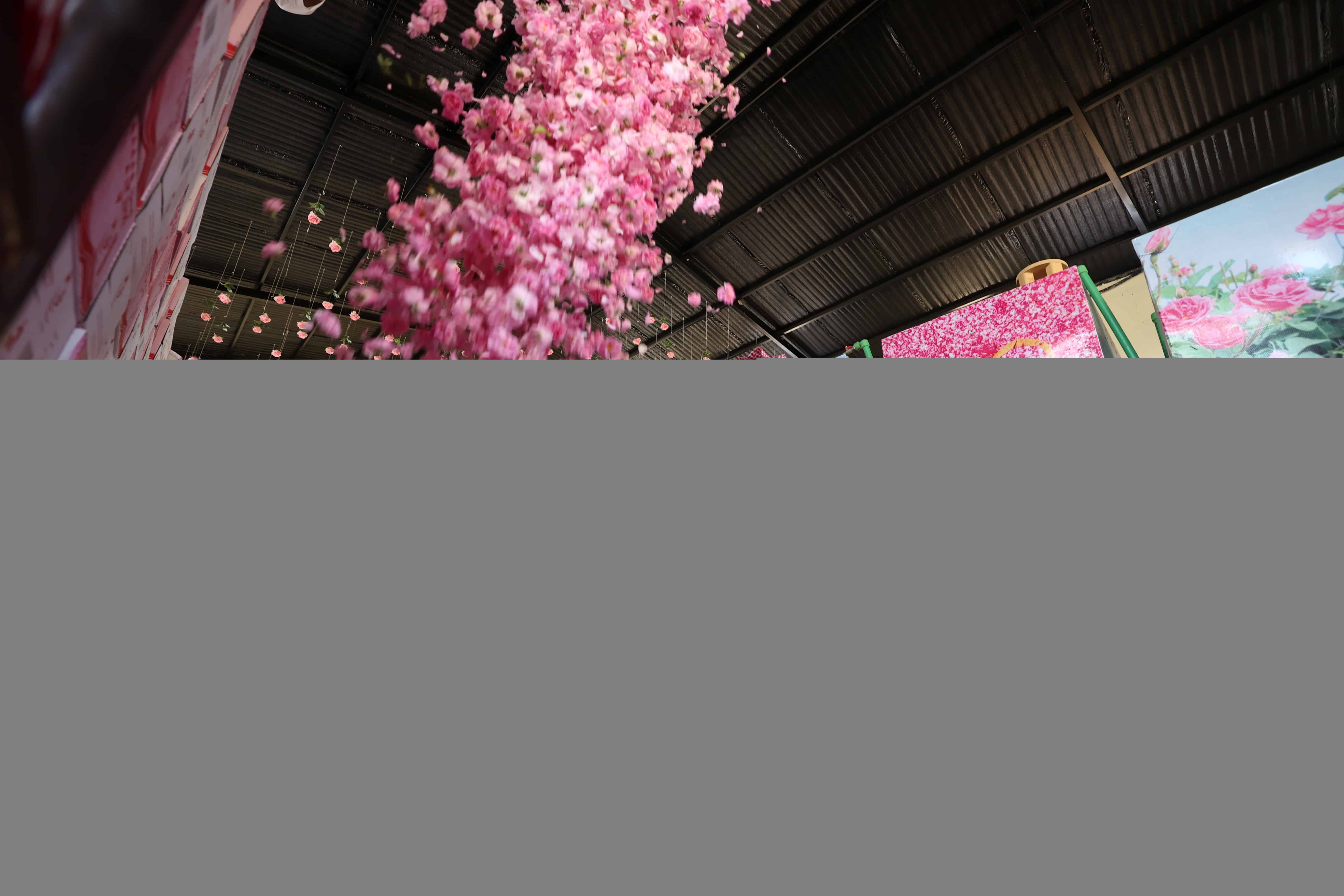Farming is no longer a dull domain better left to peasants to grow food. In Saudi Arabia, many startups have entered the sector to “help feed the world” and make a name for themselves.
One such startup is Red Sea Farms that has managed to draw the attention of regional governments and global investors.
The startup, split out of the King Abdullah University of Science and Technology (KAUST) in 2018 by engineer Ryan Lefers and Chef Scientist Mark Tester, has invented a technology that grows crops without using freshwater in humidity-controlled greenhouses.
The startup’s technology was designed, developed, and converted into commercial reference facilities in Saudi Arabia that can be used locally and globally in other harsh climates.
Speaking to TRENDS, Lefers explained that Red Sea Farms’ mission is to use technology to help feed the world sustainably.
He went on to say that “Sustainability is at our core.” “We use sunlight and saltwater as base resources powering savings of up to 300L of freshwater per kilogram of local produce and enabling production local to sales”.
“In addition, our technology addresses key growing challenges in the region including excess heat, excess humidity, water scarcity, issues with produce consistency and quality, and pests and pathogens.”

Food security: World’s biggest challenge
Agriculture is arguably one of the most resource-intensive human activities on the planet, where over 70percent of global freshwater usage is to grow food.
Recent global events such as the COVID-19 pandemic, the Suez Canal supply chain disruption, and skyrocketing costs of global goods transport have highlighted the urgent need for local, sustainable food production. In addition, changing consumer behaviors and increased investor confidence have also contributed to the growth and development of the industry.
According to Lefers, the use of appropriate technologies can improve food security, reduce the use of finite resources, improve the health of our nations, and create employment opportunities.
“At Red Sea Farms, our technologies help to feed the world sustainably. We are breaking the food water-energy nexus by leveraging saltwater, novel humidity control, and solar energy to lower costs and improve yields for farmers.” He stated
Furthermore, through technology innovation, it is possible to grow food in the harshest of desert climates like Saudi Arabia and the UAE while reducing the carbon and water footprint of modern agriculture, and this is the primary aim at Red Sea Farms.
“Our fundamental premise is that sustainable agriculture technologies can be used to produce high-quality crops,” Lefers continued.
“We want to make a positive difference in the environment, communities, and economies where we do business. The development of complementary technologies is inspiring, and we know that there are many prospective collaborators in the field. We’d like to see the sector develop into a complete ecosystem that can support long-term sustainability.”
Saudi support
Sustainable agriculture is promoted on two different scales across the region. The GCC countries are at the forefront of the large-scale agritech movement through collaborative partnerships between startups, private businesses, and governments.
Food safety has received significant attention in Saudi Arabia in recent years. This is because the agricultural and food industries sectors are essential contributors to Saudi Arabia’s national economy and play a vital role in achieving food security. For example, agriculture contributed approximately US$ 16.37 billion to GDP.
However, Saudi Arabia is modernizing its agricultural industry. Increased farming and production are in high demand due to population growth and rising incomes. New investments, innovative technology, and farming solutions are being sought to boost production, quality, reliability, and food safety.
According to Lefers, the Saudi Vision2030 has fueled innovation in the Agritech sector, specifically sustainable technology development.
He went on to say that over 80 percent of food in Saudi Arabia is imported, and with global supply chain disruptions, this challenge has created an opportunity for AgriFoodTech startups in the country.
“When you combine that with changing customer behavior–people are wanting to buy more nutritious, fresh food locally– it’s clear why the country’s AgriFoodTech sector is growing and advancing.” He added.
Global strategy
Although Red Sea’s technology is already being used in the Kingdom and other parts of the Middle East, Lefers said his company is aiming to bring its system to other parts of the world where water is scarce.
The startup has recently signed an agreement with The Saudi Red Sea Development Company to be their fresh produce partner. They will provide greenhouse technology and grow a wide range of vegetables, fruits, and herbs for their resorts.
Furthermore, the company is now looking to offer its technology to growers worldwide. After a significant agreement with the University of Arizona, Red Sea Farms is preparing for a global launch of its saltwater farming technology, which might open doors to North America’s huge agriculture industry and beyond, according to Lefers.

